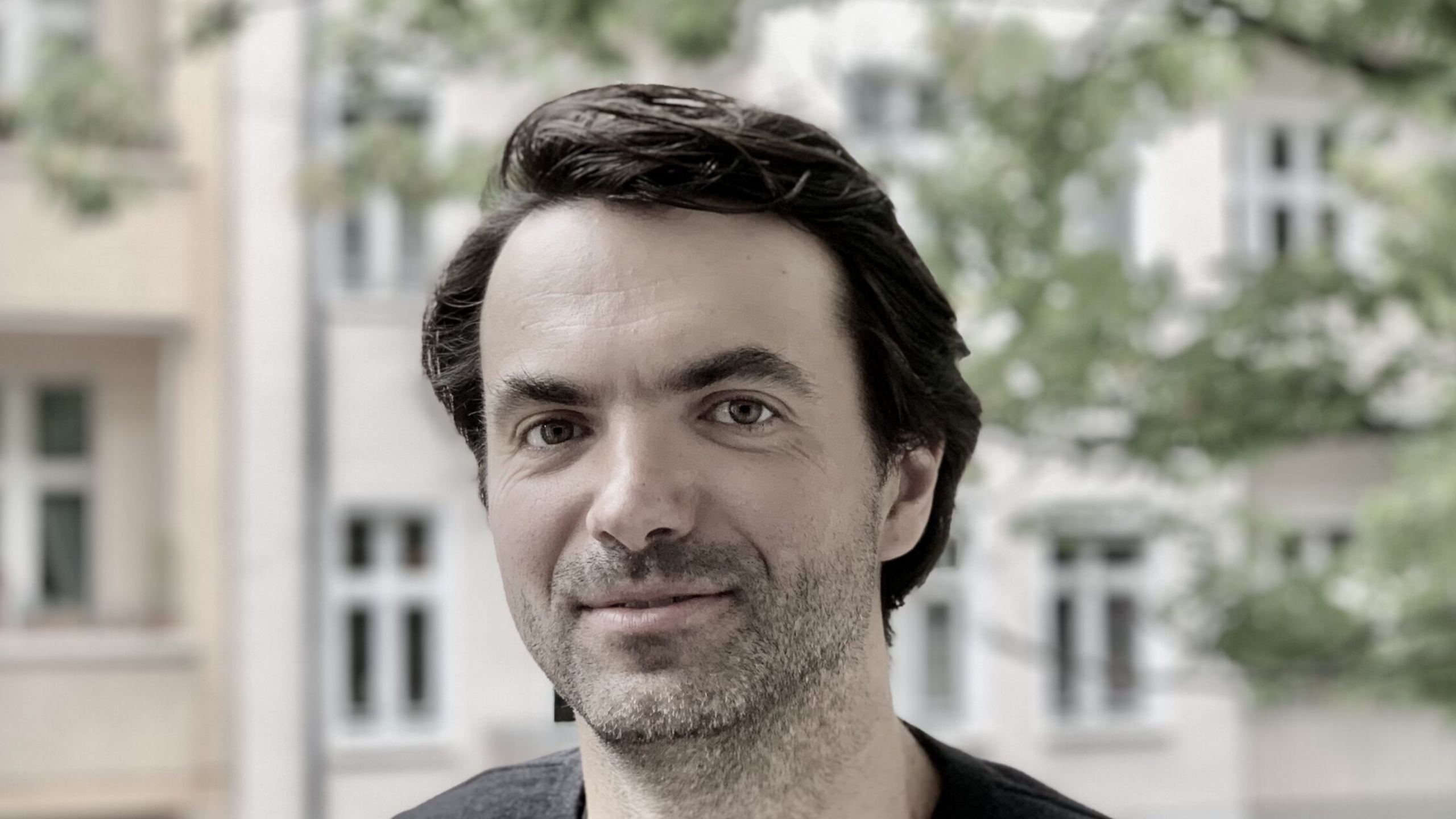Artists promoting their cultural production on social media platforms must navigate an algorithmic environment that involves visibility, content distribution, and growing algorithmic copyright moderation. The latter was experienced by EU-based social media creators when Article 17 of the Copyright in the Digital Single Market Directive was enforced in the EU (Directive [EU] 2019/790, 2019). This research focuses on the understanding and experiences of such creators regarding copyright content moderation of their work on social media platforms. Semi-structured interviews were conducted with 14 artists from EU countries, who were surveyed on digitization and digital access to cultural content. A multimodal framework was employed to analyze the copyright governance of creative practices and products, focusing on the regulative (i.e., the adoption of Article 17), normative (assumptions about legitimate and illegitimate behavior in specific communities), and discursive dimensions, as well as the influence of technological affordance on creative work. The findings contribute to the fields of cultural production and platform governance, as well as having policy implications. The anticipation of punishments from platforms due to copyright-related fears and the inability to use appeal processes directly influenced cultural production. Most interviewees employed self-censorship, avoidance, and content adjustment in their creative work before posting on social media platforms.


